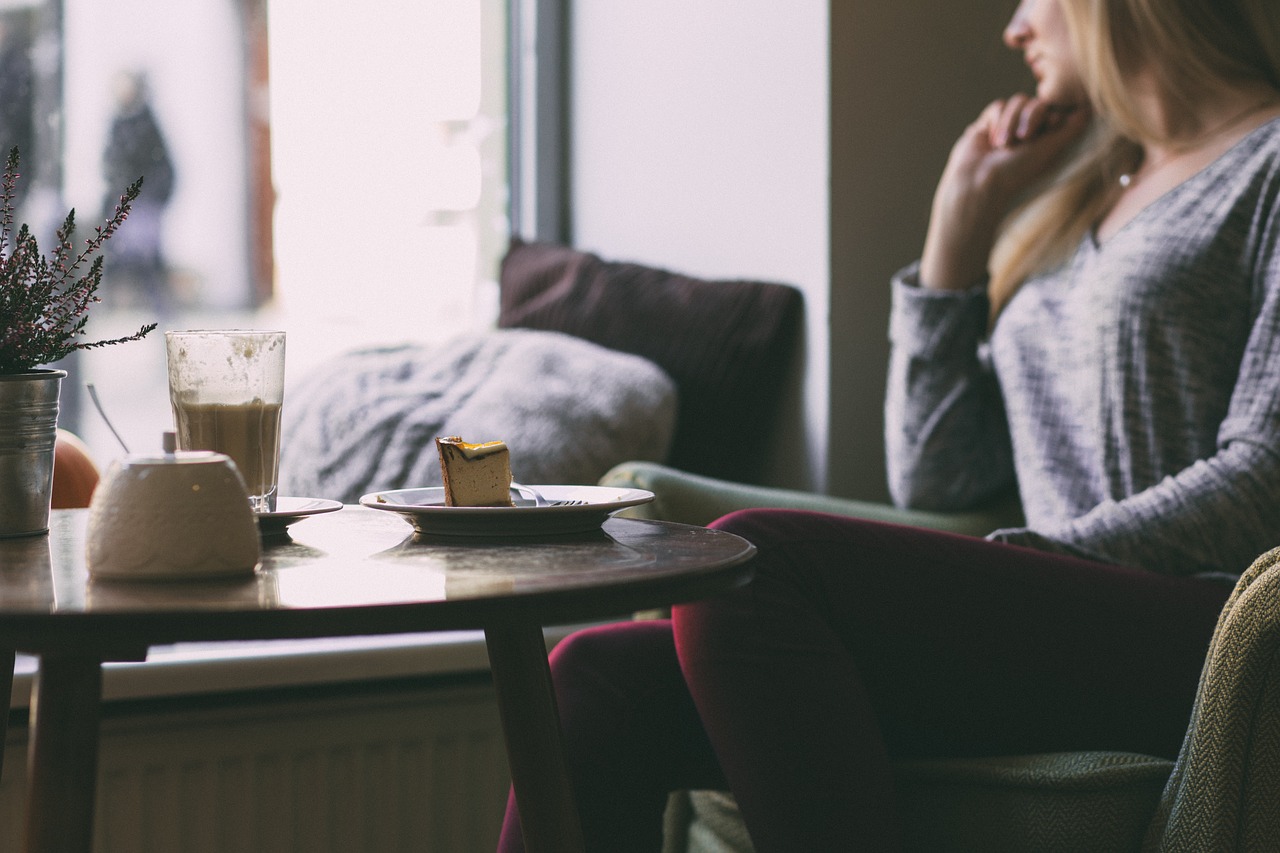Adriana Mihaela Soaita: The experiences of private tenants during the COVID-19 pandemic in Great Britain
In this blog, Adriana Mihaela Soaita from the University of Glasgow looks at how the COVID-19 pandemic has augmented the importance of a good neighbourhood and a comfortable home to peoples’ health and wellbeing. They have also brought under the spotlight home’s vulnerabilities, which take a particular intensity in the private rental sector (PRS). It is thus timely and relevant to understand private tenants’ renting experiences during the pandemic, which I explored through the experiences of 60 respondents from Great Britain.

Property suitability
Almost half of respondents (n=27) considered their current property, and its location, suitable for Stay-Home orders (10 only after they deliberately moved to a suitable property); 19 discussed a mix of positive and negative features; and 14 considered their places fully unsuitable. The property itself attracted more negative and the location more positive perceptions. Of interest:
- The neighbourhood started to be seen as a health hazard or a protective territory, determining people to relocate or confine themselves inside their properties: “Recently moved from London to Bristol… to relocate to a better area with pleasanter surroundings and nicer people. Lockdown in my area (Walthamstow) in London wasn’t great due to the blatant disregard of the pandemic by neighbour’s & other residents” (f, 45-54yo, Bristol).
- The inside/outside boundaries of home became more visible, either more gratifying (e.g. gardens, sunny orientations, good views, quietness) or more disturbing (e.g. noise, lack of natural light; non-existent garden furniture or broken fences made gardens less satisfying).
- There was often not enough space. Given homeworking, even space that previously felt right no longer sufficed; an extra room was appreciated. Tenants in HMOs were at a disadvantage, many having no living-rooms and box-rooms as bedrooms. But even tenants in spacious properties felt that “although it was a large house, there were 5 adults working from home which is not sustainable in the long term” (f, 18-34, London).
- COVID-19 prompted participants to rethink the quality of their housing: “Lockdown caused me to reflect on my living situation and brought me to the idea of moving somewhere nicer with more space” (m, 18-34yo, Glasgow).
Sense of home
Twenty four participants felt more at home and 21 less so (for 15 there was no change):
- Personalising the space and exercising agency, even if in tiny ways, mattered to the first group: “I have had time to sort out the house more too, getting new bookshelves, so I feel more at home here, but always with an undercurrent of worry: should I have told my landlord?” (f, 18-34yo, Oxford). Those who did make themselves more at home feared a greater sense of loss if forced to relocate.
- Property deficiencies becoming more visible and disturbing mattered to the second group: “I’ve been frustrated at not being able to do things to the property as if it were my own, as spending so much time in it has made me realise things need fixing i.e. windows and electrics” (m, 18-34yo, Glasgow).
Social isolation
The study brings evidence of both rising feelings of social isolation and the re-energising of local communities, but more extensively for the former:
- Almost half of participants declared they felt more isolated, some expressing feelings of total isolation: “I feel like I’m in the twilight zone as I have no friends or family here so I’m just alone all the time, except for a Cat” (f, 35-44yo, Swansea).
- Certain features of the PRS prompt social isolation, such as (undesired) residential mobility. However, the situation was complex: some participants felt isolated because they were living alone, others because they lived with unwanted strangers, or because the accommodation was chosen as a ‘service’ attached to employment. Isolation suited two introverted participants.
- Other participants found ways to balance the weaker social interaction by a growing sense of belonging to local/digital communities (neighbours; work, mutual aid, tenants’ and gardening groups) and moving in with parents or partners.
New affordability stressors
Despite significant support through furlough policies in particular, affordability trends were worrying: 27 participants experienced income loss and six accumulated debt. To note:
- 36 participants were (very) worried about losing their tenancies: “Covid increased our anxiety to be kicked out of the property but that’s anyway a constant anxiety, even without Covid, it is a constant threat of losing the basics such as a decent roof over the head… although we are key workers risking our lives every day” (f, 55-64yo, Littlehampton). Two respondents were unlawfully evicted.
- The situation was complex and likely to worsen. Some participants had already moved to reduce rent and may have no further options; others were captive in expensive/undesired tenancies as they were afraid to move given their new reliance on Universal Credit and related PRS discrimination.
- Only one participant mentioned obtaining a smaller rent increase for a short period: “When I told the landlord that I wasn’t working after lockdown one, I asked for a reduction of £30 off (of the rent increase) off £980 a month rental and they agreed to do so for one or two months. I was quite shocked at this short timeframe” (f, 45-54yo, Bath).
- Affordability problems were augmented by the cost of utilities: “the house isn’t insulated, and it gets very cold working from home all day. I can’t afford to put the heating on, so I’m wearing 1000 layers. I’ve talked to quite a few friends with the same problem” (f, 18-34yo, Sheffield).
Policy implications
To address these issues and empower tenants to make their tenancies homes, this research also invited tenants to voice their demands to the government. Their calls for a general and radical PRS reform are explored elsewhere.
This article was originally published on the CaCHE website.









